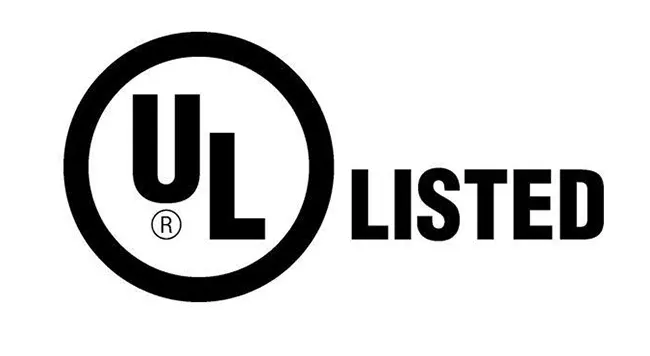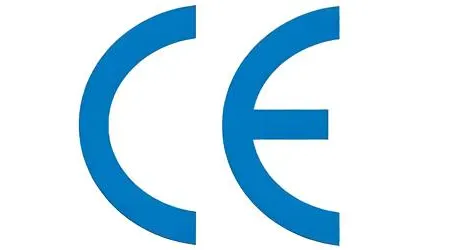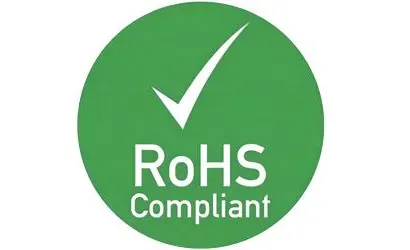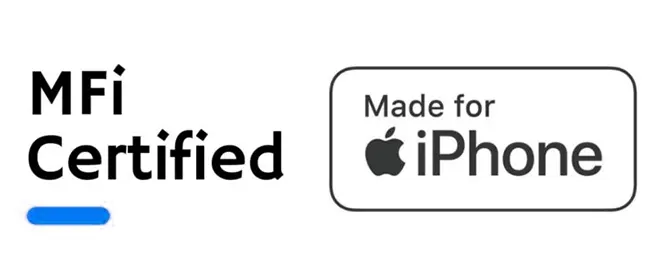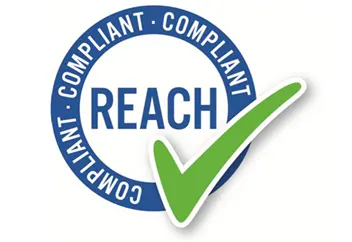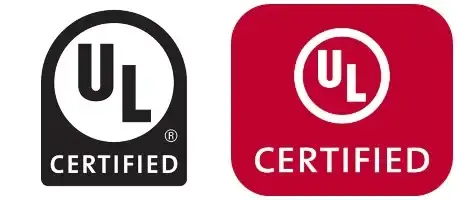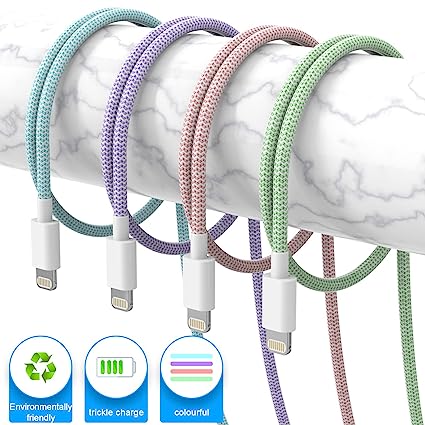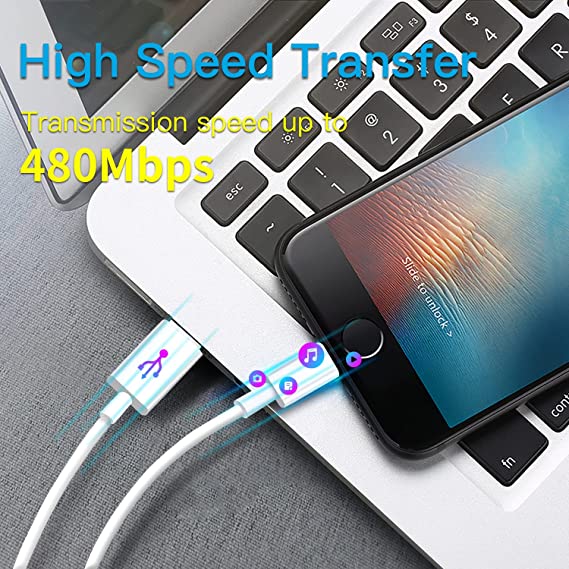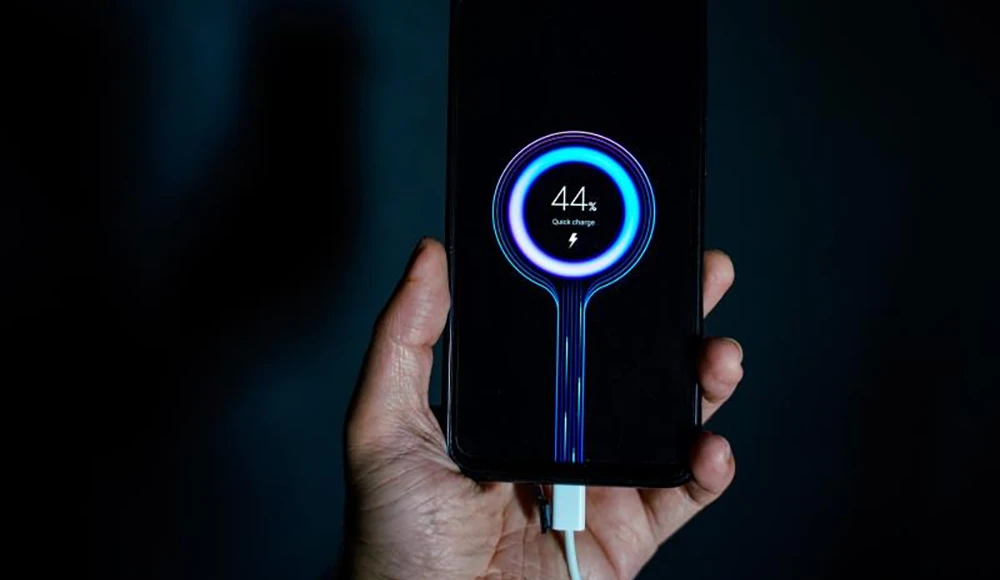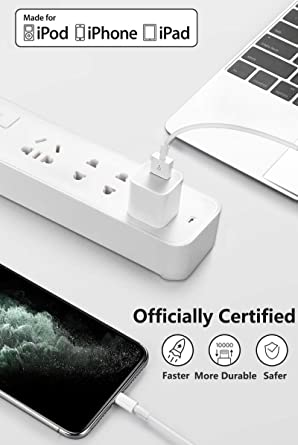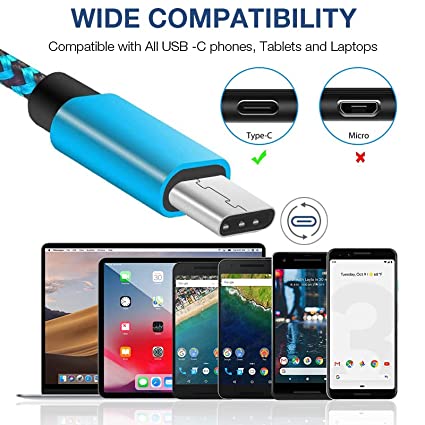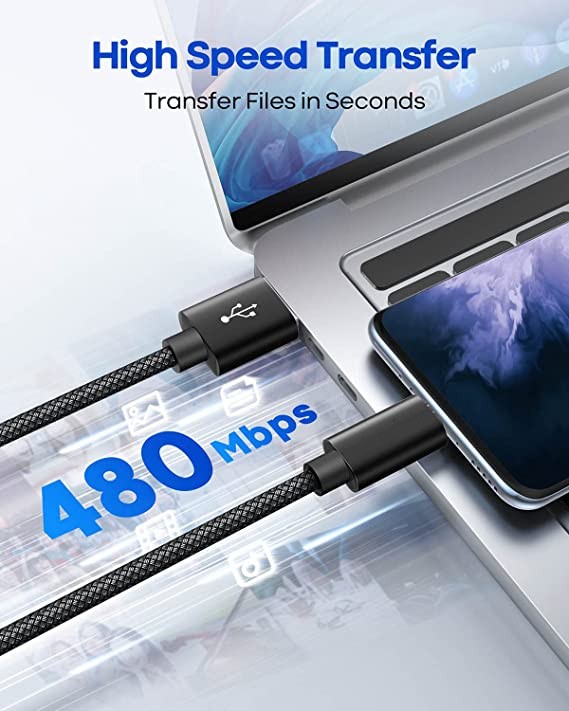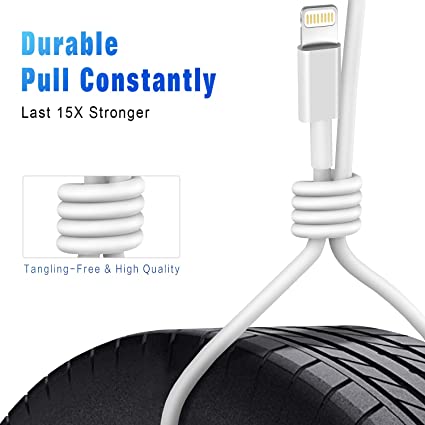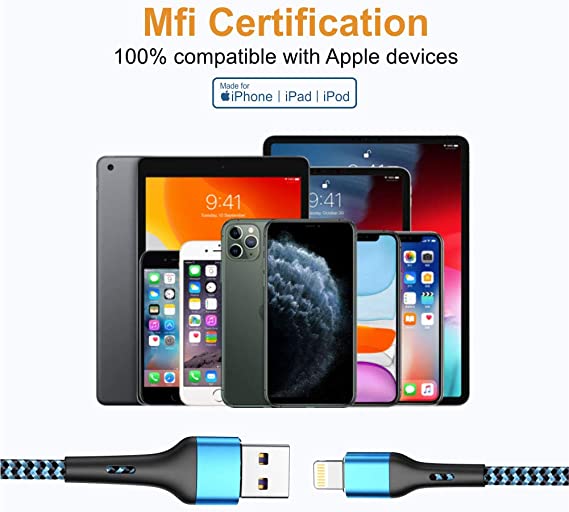What is UL Certification and Why It Matters for Your Safety
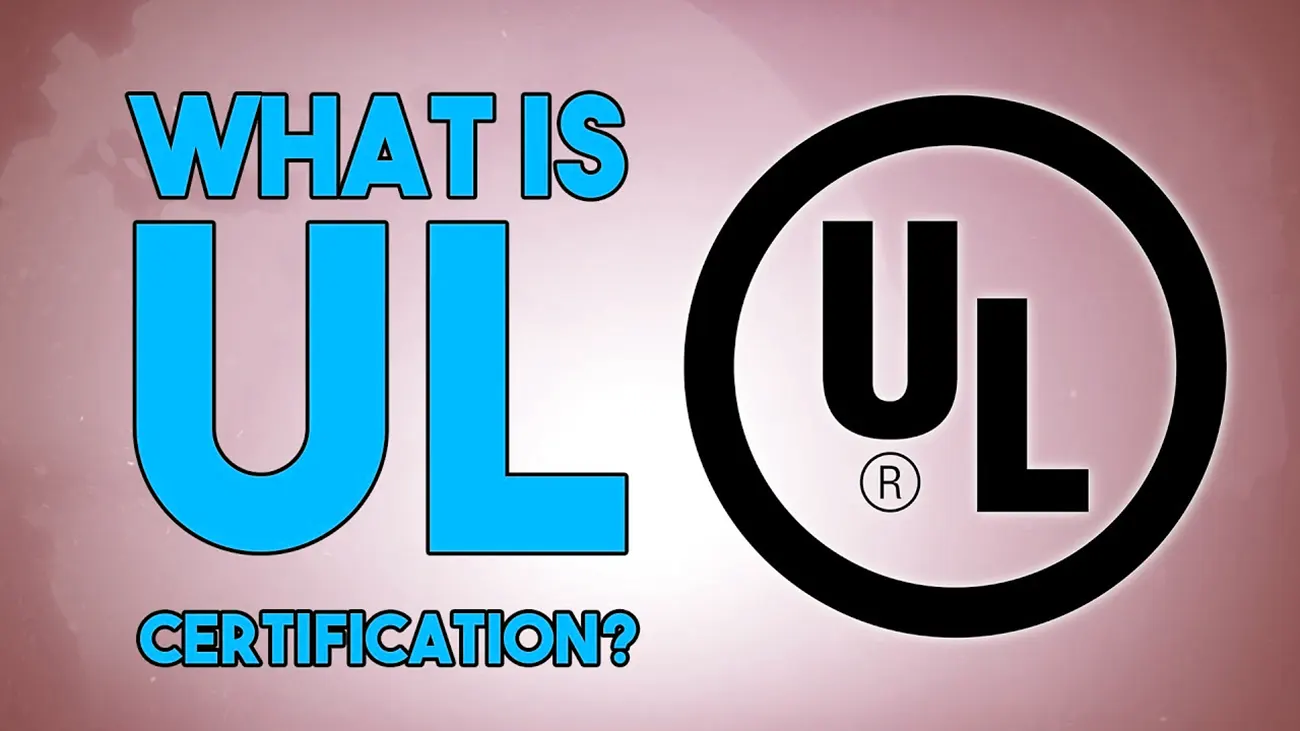
When it comes to ensuring the safety and reliability of products, UL Certification stands as a crucial benchmark. No matter, if you’re a manufacturer, a consumer, or just someone curious about product standards, understanding UL Certification can help you make informed decisions. This certification process, managed by UL (Underwriters Laboratories), evaluates products for safety and performance, giving you confidence that they meet rigorous industry standards.
What is UL Certification?
UL certification is an important safety standard awarded by UL, LLC, a global safety science company founded in 1894 as the Underwriters’ Electrical Bureau. Based in Northbrook, Illinois today, UL maintains 64 laboratories across 46 countries that test and certify over 22 billion products annually on behalf of manufacturers. As an independent nonprofit organization, UL’s sole goal is to enhance safety for employees and consumers.
Through rigorous third-party testing at their facilities, UL verifies that a product meets specific technical standards for safety. They develop over 1,500 standards to date across many categories including appliances, electronics, medical devices and more. Earning UL’s seal of approval provides assurance that a manufacturer’s safety and performance claims have been thoroughly vetted by experts. This unbiased evaluation from UL offers peace of mind for buyers.
Rather than promoting any individual brands, UL exists to set guidelines, close regulatory gaps, and ensure compliance with best practices throughout supply chains. Their certifications, along with ongoing audits, help keep certified companies accountable for continued safe product design, manufacturing and distribution worldwide.
Why Is a UL Certification Important?
UL certification is critically important as it provides assurance that a product meets high safety standards through rigorous third-party testing. As an independent certifying body, UL applies stringent criteria to comprehensively evaluate both engineering specifications and quality control processes. Manufacturers are required to demonstrate that all performance claims and risk mitigation mechanisms function effectively. Products undergo severe testing in UL’s extensive network of laboratories to simulate long-term use and ensure they will not fail or endanger consumers under normal operating conditions.
Earning the UL mark verifies that manufacturers have followed strict guidelines to investigate any potential loopholes and implement necessary safeguards. This thorough vetting gives confidence to both buyers and employers that certified items will perform reliably without danger. It also allows companies to invest more in production quality since consumers trust the UL seal and are willing to pay for the value of UL-approved brands.
Rigorous pre-approval from UL also provides legal protection, as manufacturers are less liable if unforeseen issues arise since UL has already pre-approved the safety design. Overall, UL certification has become a globally trusted seal that brings peace of mind by independently confirming products meet optimum safety standards before they reach the market.
What Certification Is Required For USB Cables?
USB cables, essential for connecting computers and peripheral devices for power and data transmission, do not have a universally mandated safety certification like higher-voltage cables. However, various certifications can enhance the credibility and safety of USB cables, ensuring that they meet specific standards.
UL Certification
UL (Underwriters Laboratories) certification focuses on the cable components of USB cables and is recognised globally as a comprehensive standard for electrical products. UL covers a wide range of cable types, from simple wires to complex data transmission and robotic cables. While UL primarily lists two materials—PVC and rubber—its standards are widely adopted for low-voltage cables. If a USB cable is constructed from materials like TPE, TPU, or PU, it may not meet UL standards, as these materials are not covered under the existing UL guidelines. For USB cables that comply with UL standards, the UL certification number and specifications must be printed on the cable surface. However, materials like TPE, which are often used in high-quality cables such as Apple’s charging cables, cannot be printed on, leading to potential compliance challenges. Typical UL-compliant cables include UL2725 or UL20276, which ensure safety and quality in the cable’s construction.
CE Certification
CE marking is a crucial certification for products entering the European Union, serving as an entry-level standard that indicates compliance with health, safety, and environmental protection requirements. For USB cables, the CE certification process is relatively straightforward, as it does not impose stringent specifications due to the custom nature of these cables. Each USB cable can vary significantly in length and design, making universal standards challenging to apply. Instead, CE defines key testing parameters such as swing resistance, electromagnetic compatibility (EMC), and the durability of connectors during insertion and removal. Obtaining CE certification involves sending cable samples to an accredited testing agency, with costs typically not exceeding $300. However, it’s important to note that the CE certificate is specific to the sampled specification, meaning that each certificate corresponds only to the exact sample tested.
RoHS Certification
RoHS (Restriction of Hazardous Substances) is a mandatory standard established by EU legislation aimed at limiting harmful substances in electronic and electrical products. This certification restricts the presence of specific materials, including lead (Pb), cadmium (Cd), mercury (Hg), hexavalent chromium (Cr6+), and polybrominated biphenyls (PBBs) and diphenyl ethers (PBDEs). In 2008, additional substances such as diisobutyl phthalate (DIBP), 2-ethylhexyl phthalate (DEHP), butyl benzyl phthalate (BBP), and dibutyl phthalate (DBP) were added to the list. Similar to CE certification, obtaining RoHS certification requires sending samples to testing agencies, after which a certificate is issued upon passing. Due to the relatively simple composition of USB materials, manufacturers can also provide RoHS compliance reports based on the raw materials used, such as PVC, PE, copper wire, connectors, and tin.
MFI (Made for iPhone/iPad)
MFI is a licensing program created by Apple that certifies third-party accessories, including USB cables, for compatibility with Apple devices. Products that carry the MFI certification have undergone rigorous testing to ensure they meet Apple’s performance and quality standards. This certification assures consumers that the product will work seamlessly with their devices, providing optimal charging and data transfer capabilities.
USB-IF Certification
USB-IF (USB Implementers Forum) certification is a voluntary mark that allows manufacturers to use the official USB logo after meeting specific standards set by the USB-IF Association. This certification signifies that the USB product complies with the relevant USB specifications and is designed for interoperability. To apply for USB-IF certification, manufacturers must pay an annual membership fee of $4,000. As a result, not all manufacturers pursue this certification, but those who do can leverage the USB logo to assure customers of their product’s quality and compatibility.
TID (Test ID)
The Test ID (TID) is a unique identifier issued by the USB-IF Association after a product undergoes testing by an authorised third-party laboratory. To obtain a TID, a manufacturer must first become a member of the USB-IF Association and then submit their product for testing. Upon successful evaluation, the manufacturer receives a TID, which allows them to access the corresponding test report on the USB-IF website. It’s important to note that the TID is only applicable to the specific samples tested, and the testing fees typically range from $12,000 to $13,000 per product. Consequently, only commonly used USB cables tend to have a TID, as the cost may be prohibitive for less popular models.
FCC, CB, and UKCA Certifications
When USB charging cables are sold alongside adapters or other electrical devices, additional certifications may be required. In the United States, the Federal Communications Commission (FCC) certification is often necessary, while in the United Kingdom, UKCA certification is mandated. Both FCC and UKCA certifications focus on ensuring that electrical products meet specific safety and electromagnetic compatibility standards. However, these certifications primarily apply to complex electronic appliances rather than individual components like USB cables. As a result, you may see an FCC logo on an adapter, but USB cables typically do not carry such markings.
REACH (Registration, Evaluation, Authorisation, and Restriction of Chemicals)
REACH is a regulation of the European Union aimed at protecting human health and the environment from the risks posed by chemicals. Under REACH, manufacturers and importers are required to register chemical substances used in their products, ensuring that they are safe for consumers and the environment. For USB cable manufacturers, compliance with REACH means that all materials used in production are evaluated for safety and environmental impact. This certification enhances consumer trust, as it guarantees that products are free from hazardous substances and are produced in an environmentally responsible manner.
ISO 9001
ISO 9001 is an internationally recognized standard for quality management systems (QMS). It sets out criteria for organizations to ensure that they consistently provide products and services that meet customer and regulatory requirements. Achieving ISO 9001 certification involves a thorough assessment of a company’s processes, documentation, and procedures to ensure quality is maintained at every stage of production.
While USB cables may not require mandatory international safety certifications, obtaining certifications can significantly enhance a product’s marketability and adherence to safety standards. At APPHONE, a pioneering manufacturer of USB Type C cables, we are committed to providing you with innovative solutions. Our dedication to quality is reinforced by top industry standards such as MFI, CE, FCC, RoHS, REACH, and ISO 9001. These certifications help us demonstrate our commitment to quality and compatibility, ultimately benefiting consumers and ensuring reliable performance.
| Certification | Focus Area | Required For | Notes |
|---|---|---|---|
| USB-IF | USB specification compliance | USB cables (especially USB-C) | Ensures interoperability, power, data specs; voluntary but recommended |
| UL | Electrical safety, flame resistance | Cable safety | Widely recognized safety certification |
| CE | EU health, safety, environmental | Products sold in EU | Mandatory for EU market |
| FCC | Electromagnetic interference | Electronic devices in US | Usually for adapters, not just cables |
| UKCA | UK health and safety | Products sold in UK | UK equivalent of CE |
| IEC 62680 | International USB standards | USB-C cables with PD | Harmonized with USB-IF, relevant for EU |
| MFi | Apple device compatibility | Lightning cables | Required for Apple-certified Lightning cables |
What Ul Certification Is Required For Wall Power Adapters?
UL (Underwriters Laboratories) certification is crucial for wall power adapters, ensuring they meet safety and performance standards. This certification helps manufacturers demonstrate that their products have been rigorously tested for safety and reliability.
UL 60950-1:
When it comes to wall power adapters, several key UL standards play a pivotal role in ensuring safety and reliability. One of the most significant standards is UL 60950-1, which focuses on safety requirements for information technology equipment. This standard addresses various potential hazards, including electric shock, fire risks, and mechanical hazards, providing guidelines for the safe design and construction of power adapters used with computers and other devices.
UL 62368-1:
Another important standard is UL 62368-1, which has evolved from the previous UL 60950-1 and UL 60065 standards. This modern standard adopts a risk-based approach, assessing potential hazards associated with audio/video and information technology equipment. It emphasizes the importance of safety through design and engineering practices, ensuring that wall adapters can withstand various electrical and environmental stresses while maintaining user safety.
UL 1310:
Additionally, UL 1310 specifically pertains to “Class 2 Power Units,” which are designed to provide limited power output to connected devices. This standard ensures that these adapters operate safely within defined power limits, reducing the risk of overheating and electrical failure. Compliance with UL 1310 is essential for manufacturers producing low-power adapters intended for consumer use.
For wall power adapters, obtaining UL certification is essential for compliance with safety standards and for ensuring consumer trust.
How To Identify Genuine Ul Certified Products?
Identifying genuine UL certified products is crucial for ensuring safety and reliability. The UL mark is a respected symbol indicating that a product has undergone rigorous testing to meet specific safety standards. However, counterfeit UL marks are a growing issue, posing risks to consumers.
Key Elements of the UL Mark
The genuine UL mark includes four distinct elements:
- UL Logo: Appears in a circle on the product packaging.
- “LISTED”:This word is displayed in capital letters beneath the UL logo.
- Control or Issue Number:Includes a four-digit control number or a sequence of four to six numbers, often preceded by letters and the phrase “Issue No.”
- Product Identification:Specific information related to the certification.
Remember, counterfeit UL products can lead to serious safety hazards, including electrical fires and equipment failures. These items may not meet safety standards, putting users at risk, especially during DIY projects.
To avoid counterfeit UL products, watch for discrepancies like missing elements, lack of a company name, incorrect terminology (like “Pending” instead of “LISTED”), spelling errors, or absence of contact information.
Always buy from trusted retailers and avoid generic packaging or products sold at steep discounts. Steering clear of flea markets also reduces the risk of obtaining unsafe items. By being vigilant and familiar with the UL mark, you can ensure the safety and reliability of your products.
UL certification is essential for wall chargers and USB cables, ensuring that these products meet rigorous safety and performance standards. This certification not only protects consumers from potential hazards, such as electrical fires and equipment failures, but also provides peace of mind knowing that their devices are safe to use. For users, understanding the significance of UL certification helps in making informed purchasing decisions. Always look for the UL mark and its key elements to verify the authenticity of products.
We encourage consumers to prioritize safety by choosing UL certified products from trusted retailers. At APPHONE, we are dedicated to being a pioneering manufacturer of USB Type C cables and wall chargers. Our commitment to innovation and quality drives us to provide cutting-edge solutions that enhance connectivity and charging efficiency. With a strong focus on meeting top industry standards, including MFI, CE, FCC, RoHS, REACH, and ISO 9001, we ensure that our products are not only reliable but also safe for consumers. By prioritizing quality and safety, APPHONE aims to deliver exceptional products that meet the needs of modern technology users. Make the smart choice today—choose UL certified wall chargers and USB cables for your peace of mind!
Are there any specific risks associated with using non-certified USB cables?
Yes, it is true that uncertified USB products may cause problems or damage. Equipment damage, safety hazards, data security risks, and compatibility issues may occur.
Are cheap USB cables bad?
Yes, cheap charging cables greatly increase the risk of damaging your phone or computer battery. These inferior cables often lack proper insulation construction and use inferior materials, which can easily lead to unstable current flow, overheating, and voltage spikes.
Share This Artcle:

Fast delivery
Fastest delivery within 22 days

Quick proofing
Fastest 3-day proofing cycle

After-sale protection
24-month long warranty

1V1Customer Service
Professional customer service follow-up

